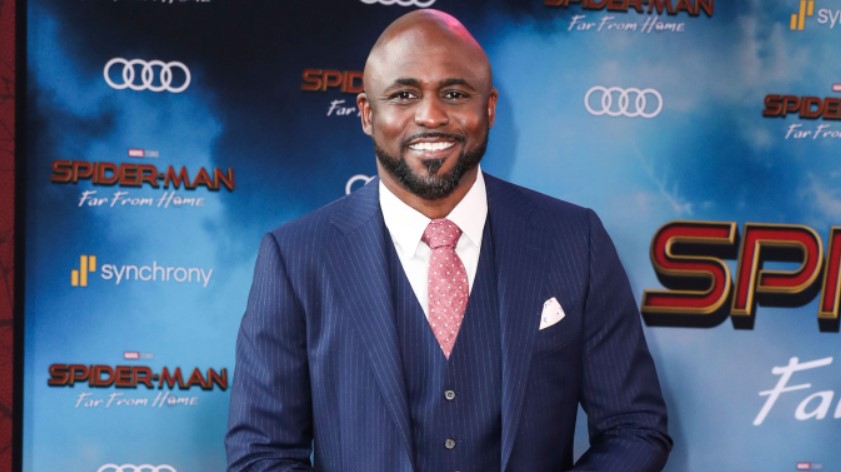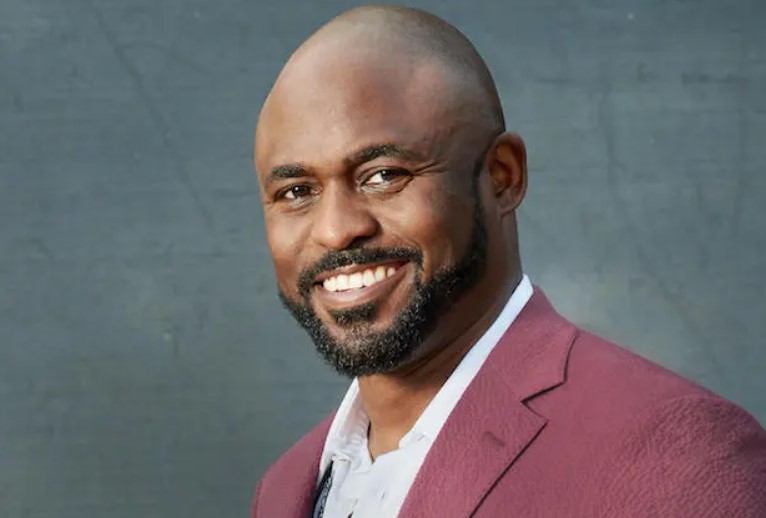
Wayne Brady started doing improv while he was still in high school. What started out as a way to manage his anxiety quickly grew into an interest in the performing arts. After moving to Los Angeles to pursue acting, he made his debut on television on a sketch comedy show. That stint as a recurring contestant lasted from 1996 – 1999. By 2001, he was starring in his own variety show on ABC called ‘The Wayne Brady Show’.
Though Brady is mostly known for his acting and comedic prowess, he’s also a talented singer. He was able to show this off in 2004 when he joined the Broadway revival of ‘Chicago’. Given all his television roles as a host and an actor, it’s not surprising that he has won five Emmy Awards in his career.
Brady has been open about his early brushes with anxiety as a child but it took many years for him to admit that he might be depressed. Though he struggled with the condition throughout his 30s, it wasn’t until his 40s that he decided to seek help. According to an interview with ‘Very Well Mind’, Robin Williams’ death was the eye-opener that made him think about taking care of his mental health.
RELATED: Wayne Brady: “I Had A Complete Breakdown”
What Is Depression?
Depression is a mental health disorder that usually affects how a person feels, thinks, and carries out their daily activities. Though not many people talk about it, it’s considered to be one of the most common mental health disorders out there. In fact, statistics show that 1 in 6 Americans deal with at least one episode of depression annually. It’s also the leading cause of disability in people who are between the ages of 15 and 44.
Some of the symptoms of depression include irritability, thoughts of hopelessness, being unable to sleep or sleeping too much, changes in eating habits, and lacking energy. However, the severity of the symptoms can vary from one person to another. The causes of depression can also differ but you might be at risk for the disorder if you have a family history of depression, have experienced major trauma, or take certain medications.
RELATED: Wayne Brady at 50: “Every Year After 45 is a Win for Me”
How The Condition Is Diagnosed
Being diagnosed with depression can take time because your doctor will likely assess you for other conditions as well. That may mean undergoing a thorough medical examination along with blood tests. Typically, you need to have experienced a minimum of five symptoms of depression every day for two weeks before being diagnosed with depression.
After diagnosis, you may be referred to a specialist to determine the kind of depression you’re dealing with. The possible types include major depression, perinatal depression, persistent depressive disorder, seasonal affective disorder, and depression with symptoms of psychosis. In some cases, depression is part of another mental health disorder such as bipolar disorder.

How Depression Is Treated
The treatment for depression isn’t the same for everyone and will depend on the form of depression you’ve been diagnosed with. However, most people need a combination of medication and therapy. Some of the medications that your doctor might prescribe include atypical antidepressants, serotonin-norepinephrine reuptake inhibitors (SNRIs), tricyclic antidepressants, and selective serotonin reuptake inhibitors (SSRIs).
Many people with depression also find psychotherapy useful for dealing with their condition. While there are different forms of psychotherapy, cognitive behavioral therapy (CBT) is the most common. That type of therapy focuses on








